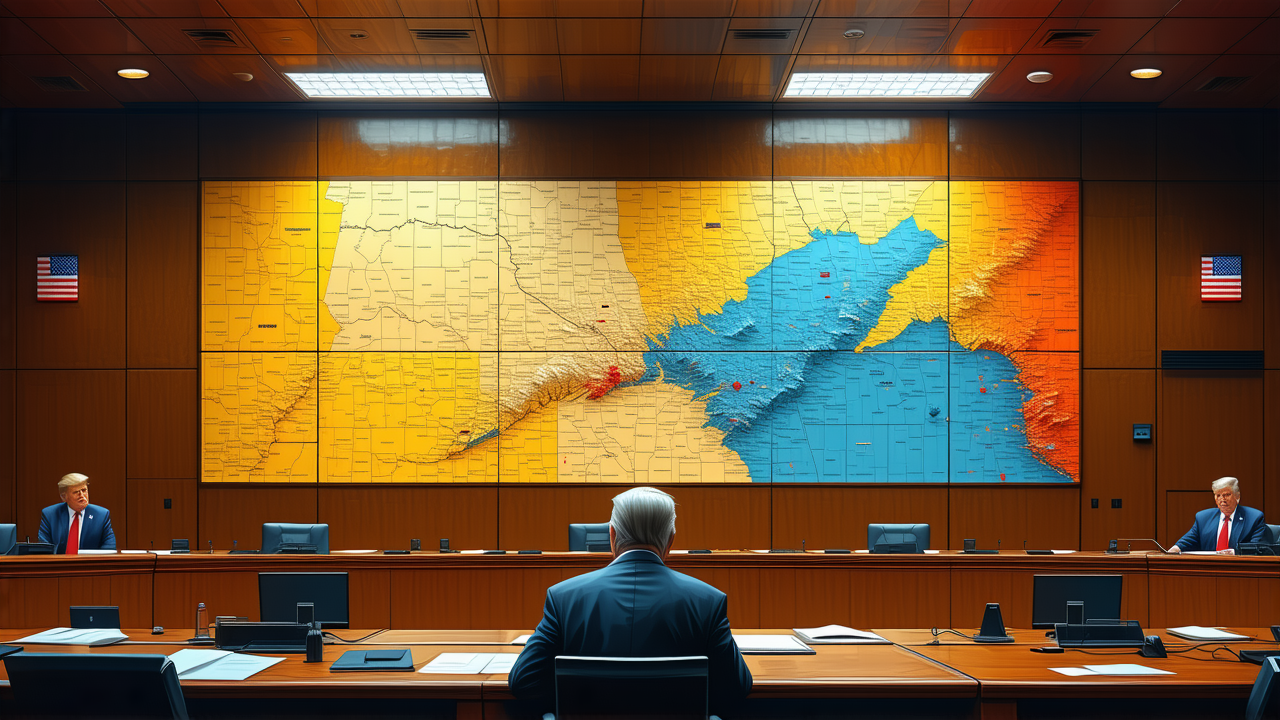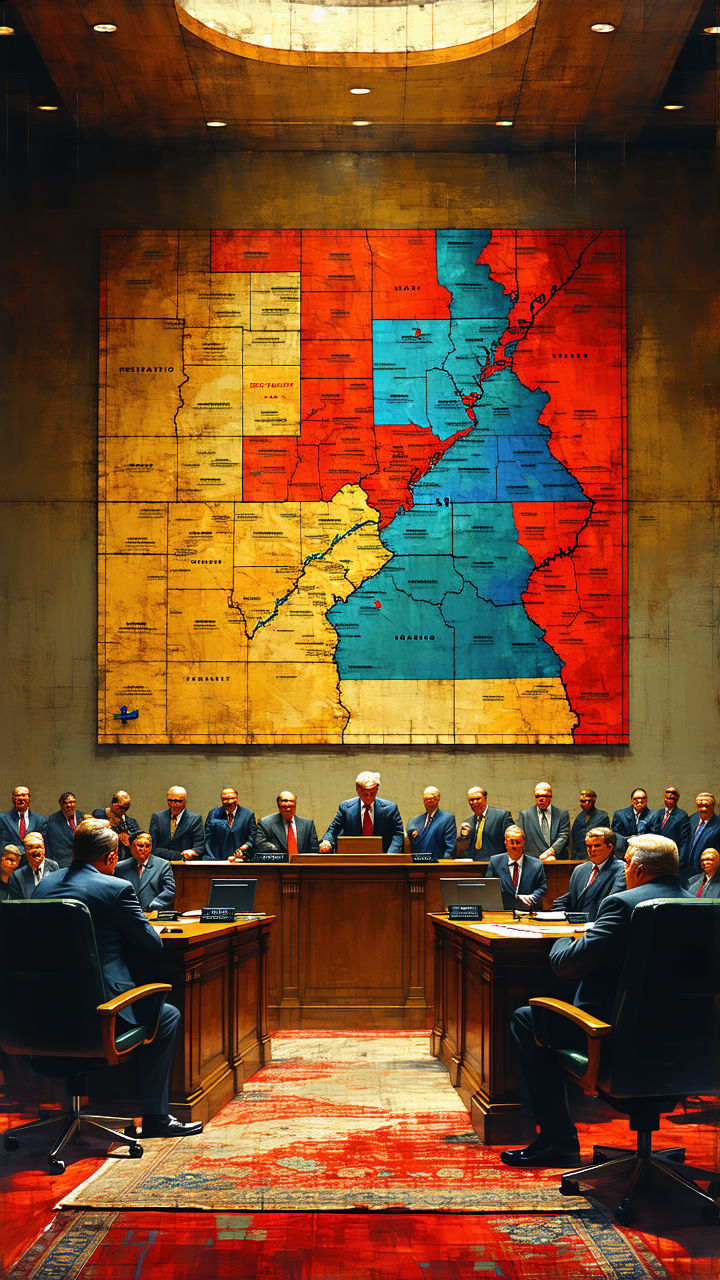Texas Governor Orders Arrest of Fleeing Democrats Over Redistricting Dispute
Texas Governor Orders Arrest of Fleeing Democrats Over Redistricting Dispute
In a dramatic escalation of political tensions, Texas Governor Greg Abbott has ordered state authorities to arrest more than 50 Democratic lawmakers who fled the state in an attempt to block a Republican-led effort to redraw the state’s congressional map. The move comes as part of a broader battle over electoral boundaries that has drawn national attention and sparked accusations of partisan overreach from both sides.
According to officials, the Democrats left Texas to prevent the House of Representatives from achieving a quorum needed to pass a redistricting plan backed by President Donald Trump. This plan aims to add five more Republican-leaning districts before the 2026 midterm elections, which could strengthen the GOP’s narrow majority in the U.S. House of Representatives.
Abbott, a staunch ally of Trump, has called the Democratic lawmakers’ actions a betrayal of their duty, claiming they are holding hostage critical legislation related to flood relief and property tax relief in the wake of recent catastrophic flooding that killed over 130 people in the state.
“Texas House Democrats abandoned their duty,” Abbott said in a statement. “By fleeing the state, they are holding hostage critical legislation to aid flood victims and advance property tax relief.”
However, the Democratic lawmakers have strongly rejected the governor’s claims, calling them a “smoke and mirrors” tactic designed to justify an overreach of legal authority. Jolanda Jones, a Texas Democrat currently in New York, stated that the governor has no legal mechanism to compel their return.
“Subpoenas from Texas don’t work in New York, so he can’t come and get us,” Jones said. “Subpoenas in Texas don’t work in Chicago. He’s putting up smoke and mirrors.”
New York Governor Kathy Hochul, who has publicly supported the Texas Democrats, warned that the Republican strategy of redistricting to secure political advantages could not go unchallenged. “We’re not going to tolerate our democracy being stolen in a modern-day stagecoach heist by a bunch of law-breaking cowboys,” Hochul said. “If Republicans are willing to rewrite rules to give themselves an advantage, then they’re leaving us with no choice: We must do the same.”
While the Republican-dominated Texas legislature has issued civil arrest warrants for the missing lawmakers, the Democratic legislators who are not in the state are beyond the jurisdiction of Texas authorities. This legal gray area has left the situation in a state of political limbo, with both sides accusing the other of undermining the democratic process.
The dispute has also delayed crucial votes on flood relief and new warning systems, as Democrats had argued that these measures should be prioritized before any changes to the electoral map are made. The situation has now drawn comparisons to a broader national battle over redistricting, with Democratic governors in other states considering similar actions to counter Republican efforts.
As the standoff continues, the implications for the upcoming midterms and the future of redistricting in the United States remain uncertain. The Texas case has become a flashpoint in the ongoing debate over the balance of power between the executive and legislative branches, as well as the role of political strategy in shaping the electoral map.
This article highlights the growing political crisis in Texas, where the battle over redistricting has escalated to the point of legal and legislative confrontation. As both sides continue to dig in their heels, the outcome of this dispute could set a precedent for future conflicts over electoral boundaries across the nation.

